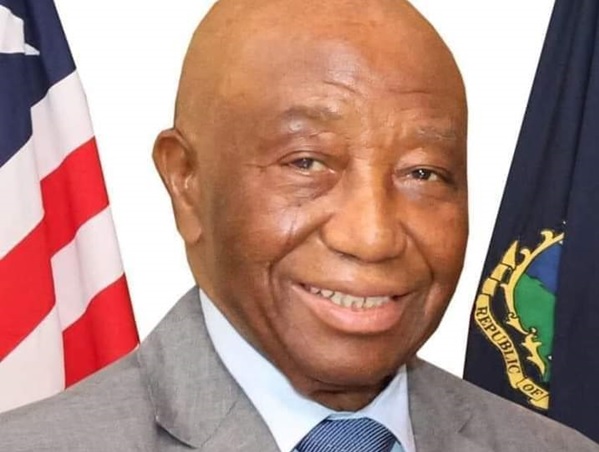Monrovia, Liberia – The Joseph Boakai administration, which took office with promises of economic rejuvenation and good governance, now finds itself facing mounting criticism over its failure to address some of the most pressing issues facing Liberia. Unemployment remains alarmingly high, civil servant salaries have stagnated, and essential services like electricity continue to be irregular and costly, prompting widespread discontent among the populace.
Despite committing to create jobs and improve living standards, the ruling Unity Party has dismissed hundreds of civil servants in a move that critics argue has exacerbated the unemployment crisis. Observers note that without substantial foreign investment, which has proven elusive, the government’s ability to create meaningful employment opportunities has been severely hampered. Local businesses continue to struggle, and many are unable to hire, leaving communities to grapple with increasing poverty.
In addition, frequent power outages and soaring electricity costs have left citizens frustrated, undermining any hope of economic recovery. Boakai’s promises of regular and affordable electricity have not materialized, leading to growing calls for accountability from his administration.
Economic woes have been compounded by rising prices of essential goods, further straining household budgets. Instead of the price reductions that citizens had hoped for, the cost of living has continued to rise, contributing to a growing sense of disillusionment with the government. The rising prices have ignited protests and led to increased scrutiny of government spending, with allegations of corruption gaining traction in public discourse.
Perhaps none have been more contentious than the political maneuvering surrounding the National Legislature. The Boakai administration’s controversial attempt to oust the legitimate House Speaker and install a so-called “fake Speaker” has raised serious concerns about the rule of law and respect for the constitution. Critics assert that the Unity Party’s interference in legislative affairs undermines democratic principles and has resulted in a divided legislature, with two individuals claiming the role of House Speaker—a situation that analysts say reflects a broader crisis of governance.
“With the haphazard management of public affairs, the Boakai government seems to be doing exactly what they condemned in their predecessors,” said political analyst Mary Nyanford. “The lack.








